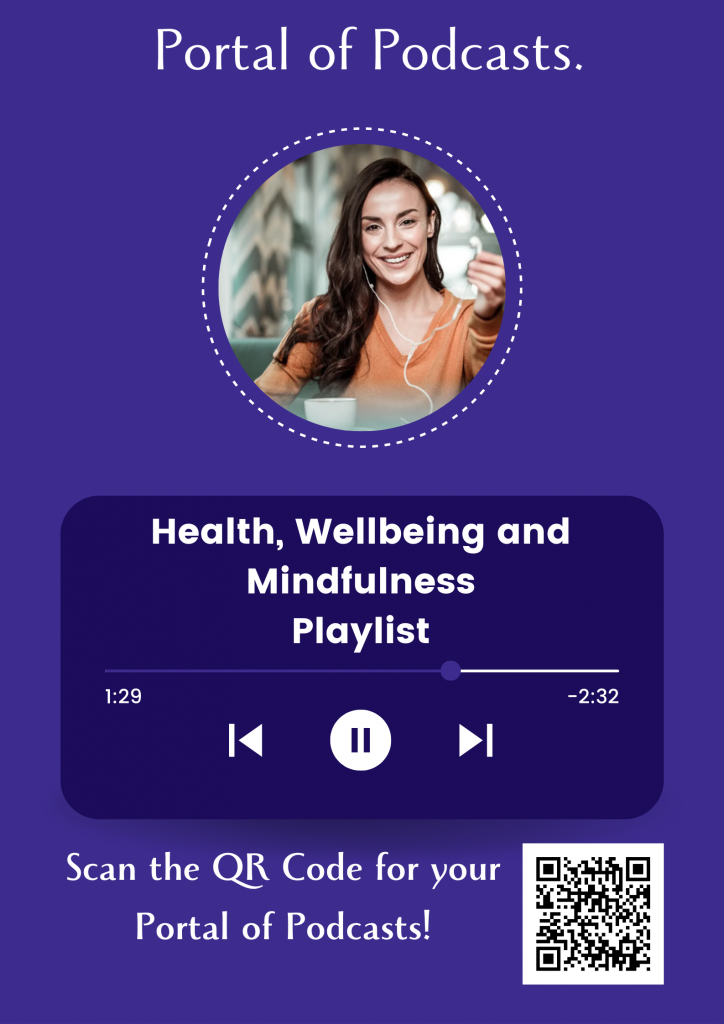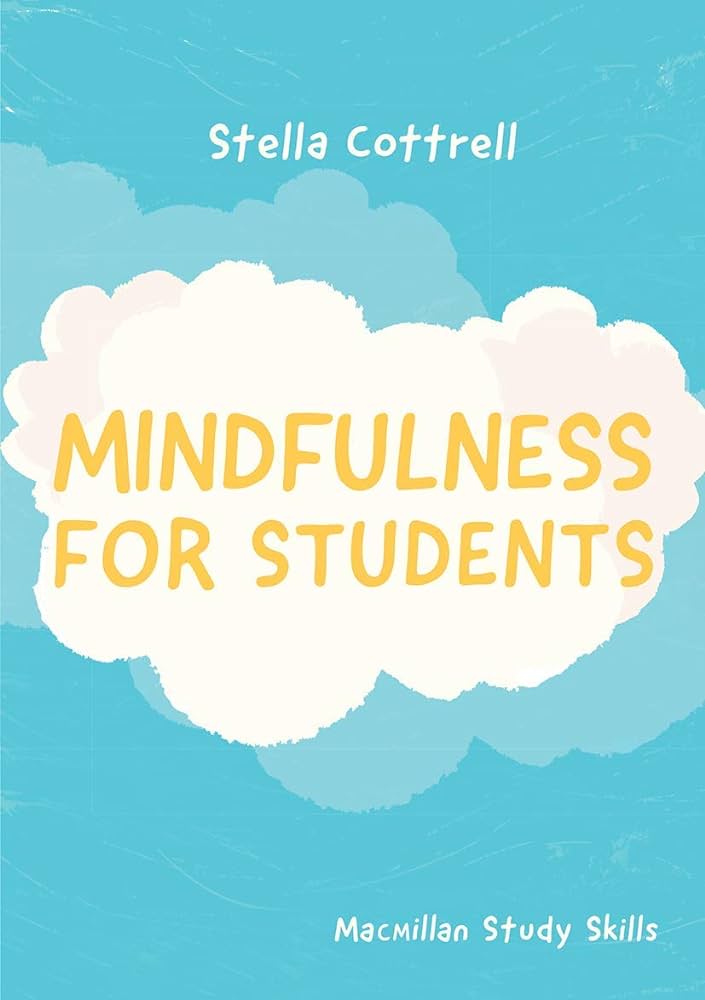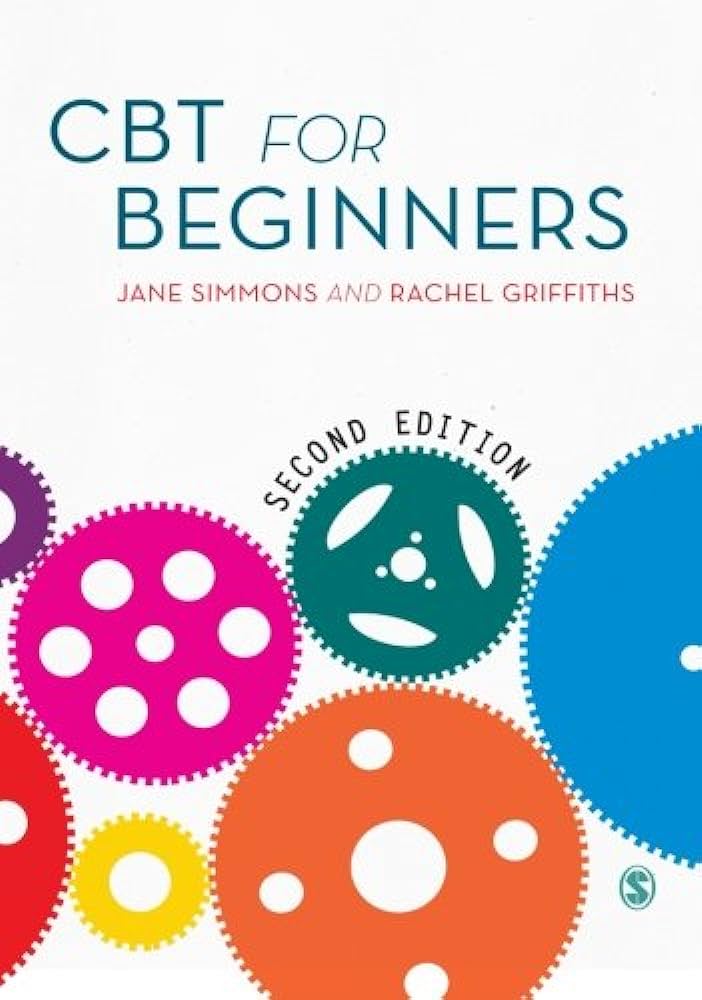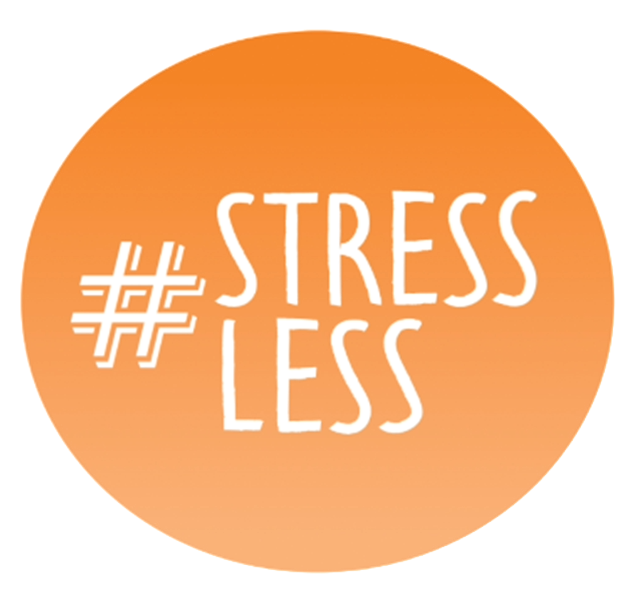Stress Awareness Day
The first Wednesday of November is Stress Awareness Day. Stress Awareness Day is on the 1st November. This is an opportunity to think about the effects of stress, physically and mentally, as well as how we can manage the feelings of stress.
International Stress Awareness Week
This year International Stress Awareness Week is from 1st November – 7th November 7th
International Stress Awareness Week is a week-long initiative that focuses on acknowledging the stresses of modern life and promoting techniques to combat these stresses. The week promotes the need to be allowed to discuss stress related challenges and foster positive mental wellbeing.
What’s with a Wednesday?
International Stress Awareness Week is also on a Wednesday. Why a Wednesday? The reason for a Wednesday is most people feel this day to be the most distressing day of the week.
How many times have you heard…
“It’s been a long week and it’s only Wednesday!”
Happy Hump Day!
#HumpDay
Wednesday was especially referred to as hump day in an effort to liven up the drudgery of the workweek. (Dictionary.com) 2023.
Hmmm… so even Dictionary.com has noted the negativity a Wednesday can bring!
Another interesting fact about stress!
Yes you heard it here too! Stress can be useful. Some people thrive on a little stress! It is said, it can motivate us to sort things out or get things done!
Above image sourced from Adobe Stock Fully licensed under the Education License image created by Pixel-Shot.
Image above sourced by Adobe Stock as part of the Education License. Created by Erzsbet.
Why do we get stressed?
There could be many reasons we can feel stressed;
Whether it’s deadlines for work.
Change in our relationships.
Pressures we may be putting on ourselves.
Money worries.
Relocating.
Unemployment.
Bereavement.
A series of minor irritations that stack up, all adding to feelings of helplessness.
What are the signs that you or someone you know could be stressed?
Signs are split into two different categories; Physical symptoms, Behavioural and emotional symptoms.
Physical Symptoms; can be caused by a rush of hormones in your body. When the hormones are released, they allow you to deal with pressures known as Fight or Flight response.
Mind accounts, ‘Fight or flight response’.
“Like all animals, human beings have evolved ways to help us protect ourselves from danger. When we feel under threat our bodies react by releasing certain hormones, such as adrenaline and cortisol, which can be helpful.
The hormones make us feel more alert, so we can act faster. Make our hearts beat faster, quickly sending blood to where it’s needed. After we feel the threat has passed, our bodies release hormones to help relax our muscles to relax.”
(Mind, 2023)
This cycle sometimes causes us to shake. This is what is known as the Flight or Fight response, something that happens automatically within our bodies and unfortunately, we have no control over it.
Above image sources from Adobe stock fully licensed by a Education License created by Wetzkaz
Once the threat has passed our body goes back to normality. But if you’re feeling stressed these hormones can remain within your body and cause more harm.
The process can cause; raised blood pressure, increased heart rate. Increase the amount of sweat you produce. All prepares your body for an emergency response. Your bodies response can cause headaches, muscle tension, pain, nausea, indigestion, dizziness and palpitations.
Behavioural and emotional; you may feel constantly worried, racing thoughts, continually going over things, low self-esteem, increased anxiety.
Changes to your behaviour such as losing your temper more easily than before, acting irrationally or even becoming verbally or physically aggressive.
These behavioural and emotional effects build on the physical symptoms of stress making them much worse and harder to deal with. As an example, having extreme anxiety can make you feel so unwell you then begin to worry you have a serious condition.
The above image was taken from Adobe stock and fully licensed under the Education License and created by Pixel-Shot
Seeking professional advice.
First person to approach would be your GP. They should offer you advice about treatment and may refer you to another professional. They may offer Cognitive Behavioural Therapy or Mindfulness approaches, these have been proven to reduce stress. Voluntary organisations may also be able to help you. Your GP will be able to give you more details about these.
We do have the following titles available in the library, where you can learn more about CBT and mindfulness approaches.
The books below are discoverable via LibrarySearch you can complete a search and find other suitable resources to support you.
A helping hand to keep the stresses of university life away!
The above image was sourced from Adobe stock as part of the Education License created by Natalya
If you need support don’t forget you can seek help through Canterbury Christ Church University, we’re here to support you!
The Library Team have collated a collection of online resources to support you. Just scan the QR Code below.
QR Code to a collection of e-resources to support Stress Awareness Campaign.
Take a break!
It is important to take a break! If you’re working in the library make sure you to take a break from your studies! There are many things you can do!
StressLess
Do you want to chill in some comfy chairs, read a book, play a game or just rest and take a break for five minutes? You must visit, the StressLess Zone on the second floor at Augustine House!
To check out what activities and events are scheduled keep an eye on the Library social media platforms below:
Read a book or a magazine online
Take a look at the Libby App and Overdrive where you can borrow an e-book or listen to an audiobook. It only has to be a short break, for you to recharge, have some food, drink and get away from your work!
You can find the Libby and OverDrive by going to LibrarySearch select Databases A-Z.
Portal of podcasts
The Library Team have collated a collection of podcasts to support Health and Wellbeing. You can find podcasts, music, books, audiobooks and mindfulness programmes to help you take a break from your studies! Or maybe you work well listening to something while you study? Whatever you prefer you can find out more, just scan the QR Code below.

The image above is a poster created by V Mason to support Stress Awareness and World Mental Health with a collection of online podcasts and audio programmes to support wellbeing.
Health and Wellbeing Team.

The above image is sourced from Adobe Stock, fully licensed under the Education License and created by Loreanto
If you start to feel anxious or would like a conversation with someone.
You can contact the Health and Wellbeing Team at Canterbury Christ Church University. or email at mentalwellbeing@canterbury.ac.uk
The team offer a range of face to face and online drop-ins.
Our friendly student support advisers at Canterbury Christ Church University offer confidential support and advice about personal, financial and housing matters. There are lots of different ways to contact the Student Support Services to suit your different needs:
- An online registration form
- Email studentsupport@canterbury.ac.uk
- Telephone 01227 922675
Image above sourced from Adobe Stock fully licensed through the Education License and created by Generative AI
Spectrum.Life will offer students immediate online, text and telephone support from qualified professionals. The free service is available 24/7, 365 days per year via:
- Telephone: 0800 0318227
- WhatsApp: Text “Hi” to 0741836 0780
- Mobile App or web platform
If you need some guidance or experience any issues with funding your course or living costs, the University can offer advice and support.
Our Student Support and Wellbeing Advisers offer information and advice on funding, bursaries, scholarships, budgeting and money management and they’re happy to talk to you before you arrive.
The Disability Team at Canterbury Christ Church University ensure everyone reaches their full potential by offering support when you need it. The team are dedicated and experienced. Student Disability and Mental Wellbeing teams can support you to make the most of your time at university.
Where to go for helpful advice.
Every Mind Matters – Offers advice on how to cope with stress.
Anxiety UK – runs a helpline with volunteers who have personal experience of anxiety.
09.30 – 5.30pm Mon to Fri. Call 03444 775 774 Text 07537 416 905
StepChange – offers information for people who are dealing with debt. Freephone 0800 138 1111
Samaritans – offers emotional support 24 hours a day – in full confidence. Call 116 123 or e-mail jo@samaritans.org
Featured image sourced from Adobe Stock fully licensed under Education License and created by BHPX
 Library
Library Vicky Mason
Vicky Mason 1381
1381












